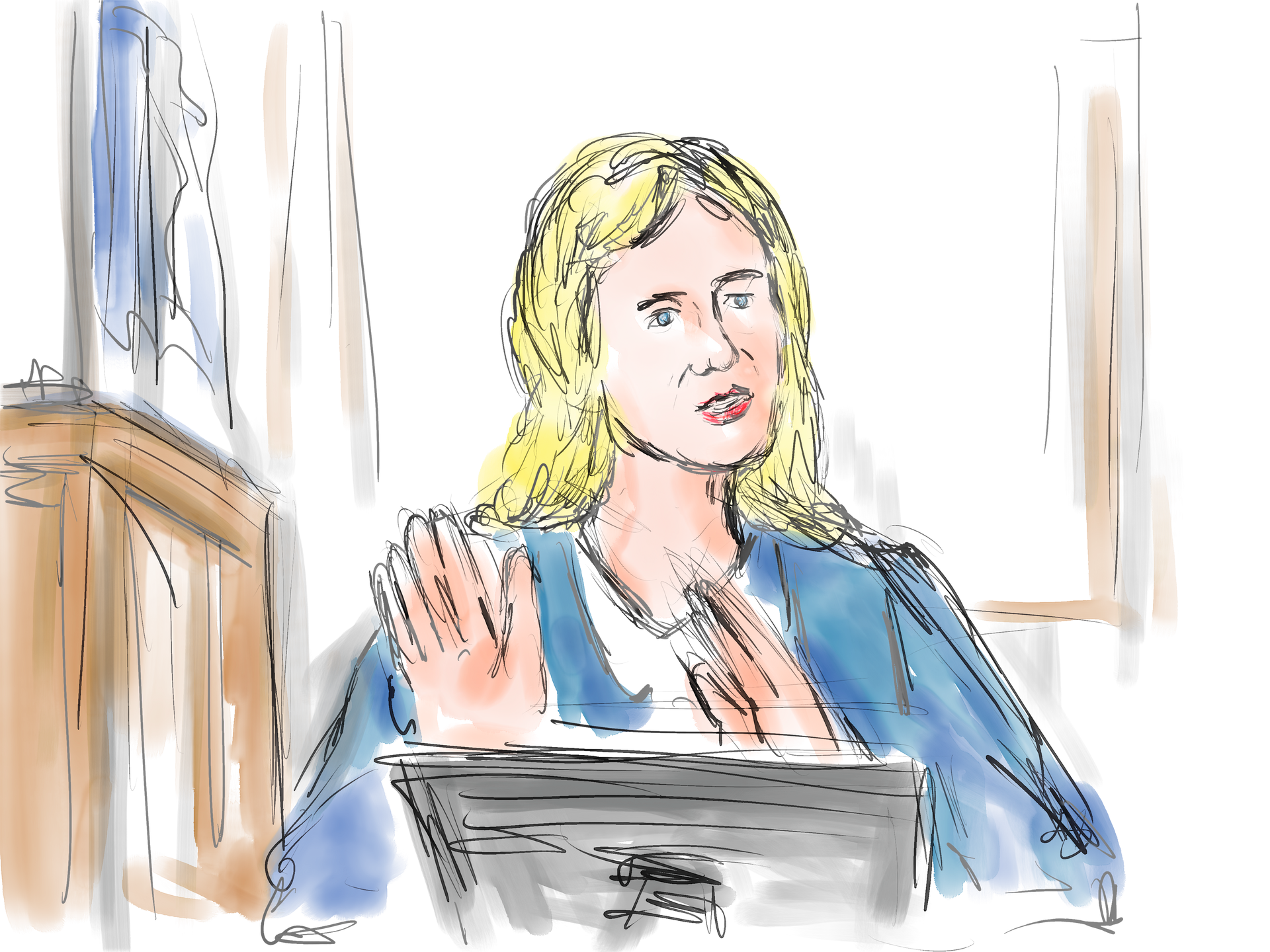When and How Might Expert Witnesses Be Used in Violent Crime Defense?

Expert witnesses can be crucial in both challenging the prosecution’s narrative and strengthening the defense’s version of events. The types of experts called to testify vary depending on the specifics of the case and the strategy a defense attorney pursues.
Forensic Science Experts
This general term can be applied to experts in many different scientific fields, like ballistic, DNA or fingerprint analysis. For example, a ballistics expert might be called to testify to how a weapon was fired or whether the weapon allegedly used in a murder or attempted murder could have gone off accidentally. A defense attorney might ask a ballistics expert to analyze a bullet’s trajectory to contradict the prosecutor’s version of events.
Some types of evidence can be subjective, and interpretation may be highly dependent on the skill of both law enforcement investigators and expert witnesses. For example, a defense attorney might call a blood spatter expert to testify and contradict law enforcement’s interpretation of blood spatter evidence if it allows an alternative sequence of events to be established.
One of the most important tasks of forensic experts is critiquing law enforcement processes or their interpretation of evidence, particularly in the context of how evidence was gathered, stored and analyzed. Proving evidence was mishandled and having it excluded may be a key component of a defense strategy.
Use-of-Force Analysis
Self-defense experts may be called in a case where someone who legally defended themselves in accordance with Arizona’s stand your ground laws is facing murder charges. These experts can explain what does and does not constitute reasonable force.
Their testimony can be vital for establishing that the defendant acted proportionally to the threat they believed they were facing.
A self-defense expert may also be able to provide valuable context that allows jurors to more easily envision the defendant’s state of mind in the moment.
Injury Interpretation From Medical Experts
A doctor can testify to the way in which injuries may have been sustained or inflicted, which can be particularly important if their expert testimony contradicts or calls into question the prosecution’s version of events. A doctor’s testimony may allow a criminal defense lawyer to introduce an alternative explanation for the alleged victim’s injuries, such as an accidental injury or self-defense.
Crime Scene Reconstruction Experts
Modern investigative tools and thorough documentation of violent crime scenes isn’t only useful for prosecutors. The defense’s crime scene reconstruction experts should have access to the same physical evidence used to build the prosecution’s case, including blood spatter, bullet trajectories and the location of objects documented by investigators. A crime scene reconstruction expert may be able to suggest alternative versions of events to create reasonable doubt.
Modern advancements in computing power and software even allow reconstruction experts to create 3D reconstructions of a homicide or violent crime scene.
For example, a crime scene reconstruction expert may be able to establish that the physical characteristics of the defendant would have prevented them from committing the assault in the way alleged by law enforcement.
Toxicologists
Toxicologists are medical specialists dedicated to the field of drug and alcohol influence analysis. These experts can be called if drugs or alcohol played a role in a violent crime.
A toxicologist can testify about the effects of alcohol or different drugs and the way in which they would have affected the defendant’s behavior, perception or memory. They can also offer insight into how a victim may have been acting if they were also under the influence of drugs or alcohol.
A toxicologist may be able to testify that, given the defendant’s BAC at the time the alleged crime was committed, they would have been physically incapable of performing the violent act they are accused of perpetrating.
Sociological Experts
A cultural expert may provide context for a defendant's actions, such as in cases involving gang violence. For example, in a gang-related shooting, a sociologist may be able to testify on the perceived or implied threats or pressures a defendant was facing when the violent crime occurred.
DNA Experts
Some medical experts focus on the collection and interpretation of DNA in violent crime cases. For example, a DNA expert can potentially provide alternative theories as to how DNA found at the scene may have gotten there, or the ways in which law enforcement’s handling of DNA evidence could have led to contamination.
There are many scenarios where a DNA expert may be able to introduce doubt, even when DNA evidence would appear to clearly establish a defendant’s involvement in a violent crime.
Leveraging Expert Witnesses for Defendants in Phoenix
Arizona Board-Certified Specialist in Criminal Defense, Michael Alarid III, has extensive experience crafting defense strategies that incorporate expert witnesses. When used properly, these experts in criminal sciences can be vital for creating reasonable doubt or disputing the prosecution’s version of events.
If you or a loved one are facing criminal charges in Phoenix, don’t hesitate to call the Law Office of Michael Alarid III at (602) 818-3110.



